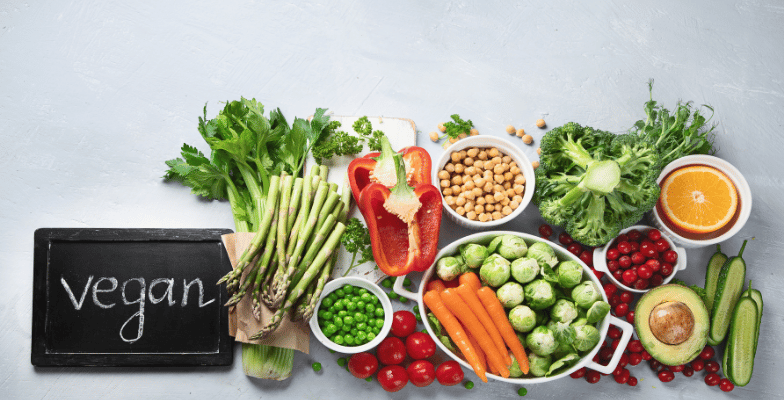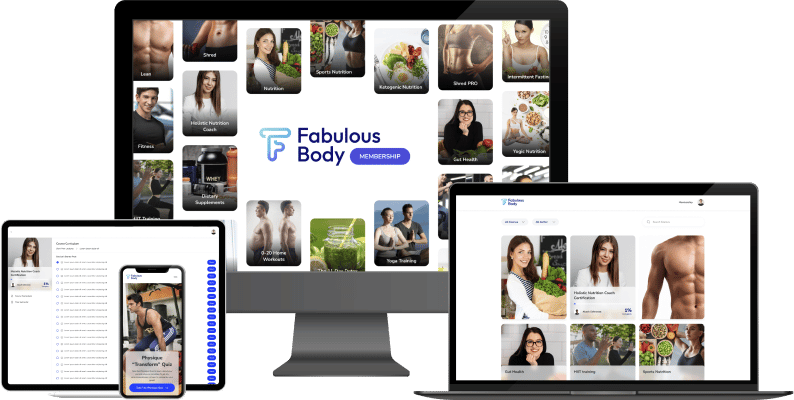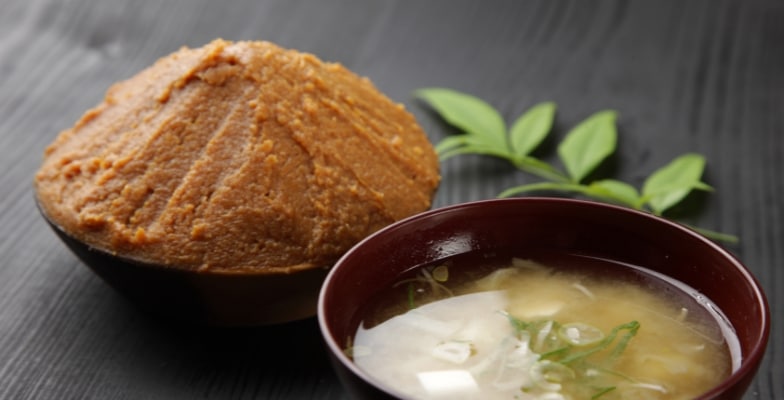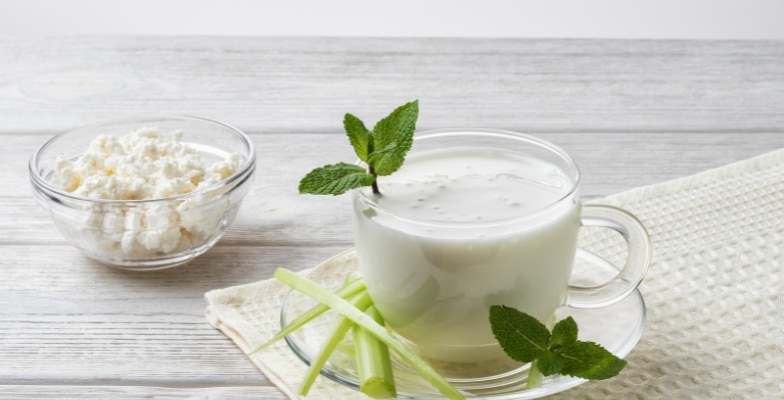Is A Vegan Diet Healthy? | Vegan Diet Pros And Cons
- What Is The Vegan Diet?
- Is A Vegan Diet Healthy?
- Definition Of Vegan Vs. Vegetarian
- Protein For Vegan Diet
- Vegan Diet Pros And Cons
- Conclusion

A man carrying a bag full of vegetables and fruits to his kitchen seldom has to carry a medicine pouch. People are starting to realize the importance of diet for healthy living.
There has been a surge of well-defined diets, and some have become a rage. One such example is the vegan diet. Since many of us have wondered about it at some point, let’s shed some light on this topic.
What Is The Vegan Diet?
So, What Does It Really Mean To Eat A Vegan Diet?
A vegan diet does not include any products derived from animals, including meat, eggs, dairy and even honey. It does include all products that are plant-based, like whole grains, vegetables, fruits, legumes, nuts, and seeds.
It is a good idea to remember that eating plant-based does not necessarily mean you should start eating items fried and refried in vegetable oils and other such junk food.
Processed foods, excessive sugar and refined grains are still bad for our health, leading to many health hazards like diabetes, chronic inflammation, and cardiovascular illnesses, etc. 1https://pubmed.ncbi.nlm.nih.gov/25684416/, 2https://pubmed.ncbi.nlm.nih.gov/9482761/
Is A Vegan Diet Healthy?
Yes, it can be super healthy! There is no doubt that vegetables are loaded with vitamins, minerals, naturally occurring compounds, and fiber to aid bodily processes.
Related Article: Phytonutrients Definition | Phytonutrients Foods And Chart
When we include more fresh vegetables and fruits in our diet, we are doing two crucial things. We are eliminating processed foods that rain havoc on people’s health, and we are replacing them with fresh, natural food that nourishes us.
At Fabulous Body, we realize the importance of eating vegetables, fruits, and whole grains and stress that one should have at least a few servings of vegetables and fruits every day.
We have been publishing articles to educate people about the benefits of eating various vegetables, fruits, and other plant-based foods because of their immense health benefits. The real question is, is eating a few servings of fruits and vegetables enough? Read on.
Definition Of Vegan Vs. Vegetarian
A vegan diet only includes products derived directly from plants like fruits, grains, vegetables, etc. In contrast, a vegetarian diet allows dairy products like milk, yogurt, butter, cheese, and even eggs, and the beloved honey.
Protein For Vegan Diet
Many people believe that vegetarians and vegans are unable to meet their daily protein requirements since plant-based foods are not only devoid of complete proteins but also lack a sufficient amount of protein.
So No, vegans are not necessarily deficient in protein. If a vegan diet is planned carefully, it can provide fair amounts of protein. Vegan diets also offer the protein-sparing effect of carbohydrates, which allow protein to be used for its intended functions rather than as a source of energy.
Related Articles:
Bean: The Complete Guide | Protein Content In Bean
Dal: The Complete Guide | Protein Content In Dal
7 Protein-Rich Vegetarian Foods
Plant life or plant-based foods have the potential to provide us with plenty of protein. When considering protein intake for adults, the RDA for sedentary adults is 0.8 g/kg of body weight. For active adults, protein requirement increases to 1.2 – 2 g/kg of body weight to ensure optimal bodily functions.
Plant-based foods are capable of delivering a fair amount of protein through diet though they tend to be higher in carbohydrates. Though the protein in plant-based foods is mostly incomplete, it is still protein, and the issue of incomplete protein can easily be tackled by eating various foods throughout the day.
One plant-based food could be low in a certain amino acid, but if you consume a different plant-based item that contains the missing amino acid the same day, your body can balance them out and get a complete protein profile.
Vegan Diet Pros And Cons
Like everything else in the world, a vegan diet has advantages and disadvantages. Here are a few of them when looked at compared to an animal-based diet.
Pros Of A Vegan Diet
Very High In Vitamins And Minerals
Since vegetables and fruits offer a host of vitamins and minerals, a vegan gets an abundant supply of these due to eating a wide variety of plant-based foods in higher amounts than non-vegans. 3https://pubmed.ncbi.nlm.nih.gov/22797986/
Easily Supplies Fiber
Almost all vegetables and fruits contain fiber. Fiber, soluble and insoluble, is food for our gut bacteria and adds more bulk to our stool.
Related Article: What Is Fiber? Health Benefits, Food Sources and Daily Requirements
Removes Many Processed Foods
Since veganism promotes the intake of fresh fruits and vegetables, it also eliminates a lot of processed foods like pizza, pre-cooked meat patties (which are loaded with preservatives), pastries (which contain egg), and honey (which are often adulterated with sugar).
In removing processed foods, a vegan diet promotes good health, and it makes sense to remove the bad while you add the good to get the most benefit from your diet.
It May Increase The Quality Of Life And Health With A Better Nutritional Profile
It is well known that the human body requires a lot of vitamins and minerals to function correctly. Therefore, consuming vegetables and fruits allows the body to detoxify with a natural support system and enables it to function optimally with a proper supply of clean essential nutrients.
Cons Of A Vegan Diet
Comparatively High In Carbohydrates
While a vegan diet can supply fair amounts of protein with items like lentils, beans, etc., plant-based foods are heavily skewed towards carbohydrates. Many people are unable to utilize all the carbohydrates they consume.
Carbohydrates are broken down to glucose, the most straightforward energy source for the body, but excess carbohydrates are readily stored as fat. Also, since pasta and other grains are staples of a vegan diet, it is easy for a vegan to overeat and go beyond the required calories.
This Can Result In Protein Deficiency
Proteins are present in plant-based foods, but, as mentioned, most are incomplete proteins, meaning they do not contain all essential amino acids. Therefore, vegans can miss opportunities to consume all essential amino acids daily if their diets are not planned carefully.
In comparison, protein in highly bioavailable form is readily available in a non-vegan diet. Therefore, protein deficiency can cause a lot of health issues.
Related Article: 6 Science-Based Reasons Why You Should Eat More Protein Every Day
Lacks Vitamin B12
Vitamin B-12 is mainly found in animal foods such as beef liver, salmon, milk, and eggs. Many vegans may be deficient in vitamin B-12, as no plant food contains it. Therefore, vegans may need to take a B-12 supplement like duckweed regularly.
Not Enough DHA And EPA Conversion
Omega-3s reduce inflammation and might help lower the risk for chronic diseases such as heart disease, cancer, and arthritis. Plant foods such as flaxseeds and walnuts contain omega-3 fats called alpha-linolenic acid (ALA).
It is easier for fish to convert alpha-linolenic acid from algae and other sea plants into EPA and DHA; humans can only do so to a minimal degree. Vegans or vegetarians cannot get enough omega-3 in their diet, so we recommend a high-quality supplement to boost omega-3 levels.
Conclusion
Whether to be a vegan or not is a matter of personal choice. What is true for everyone is that the inclusion of vegetables and fruits, not eating them exclusively, is one of the best ways to improve the quality of your life by means of a healthy diet.
It is best to ensure that you get plenty of plant-based foods and ensure that your body is well-nourished, but it is not necessary to limit yourself to them. In either case, try to eat organic, ethically raised food and avoid the chemicals, medicines, and pesticides entering our food supply.
What do you think about this article? Have any questions? Let me know in the comments below!

Skill-Based Education.
Global Recognition.
Powerful Community Building
Secure a certificate of completion in as little as a day by graduating from one of our free courses.
Get Access to Our Free Courses. No Credit Card Required.

Fabulous Body Membership
Your All-Access Pass to A Fabulous Body & A Rewarding Career
25+ Certificate Courses & Programs, All Included
15 Day Free Trial, 100% Money-Back Guarantee
About Kunal Arora
Kunal is someone who faced all sorts of health issues between 2015 and 2018. In his own words, he emerged victorious over his conditions after graduating from multiple courses from Fabulous Body in the field of nutrition, diet planning and fitness. He went on to help many people as a solopreneur as a nutrition & fitness expert and is very compassionate and empathetic with people, having gone through a tough time of poor health himself. Today he is a part of Fabulous Body and helps change lives as a part of the core team.











Gud job Kunal arora
Hi Gurmal,
Thank you very much!
We have a lot more articles on the website that you may like to go through.
Regards,
Kunal,
Team Fabulous Body